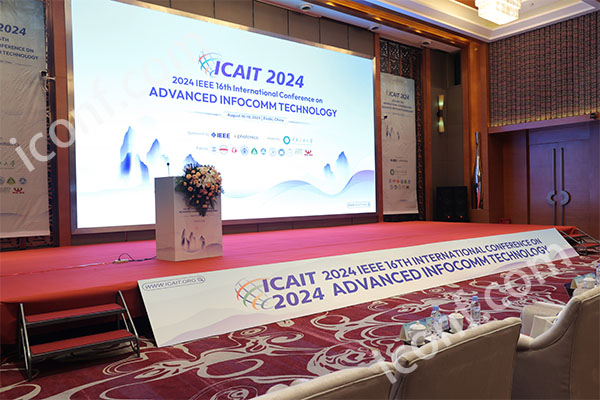Academic conferences are a cornerstone of the research community, but many early-career scholars wonder: What exactly are academic conferences for? Simply put, they are organized events where researchers gather to present, discuss, and exchange ideas related to their fields. But their value goes far beyond presentations.

1. Presenting Original Research
The core function of academic conferences is to provide a platform where:
-
Researchers present new findings to peers.
-
Authors showcase their work in the form of oral presentations, posters, or panel discussions.
-
Feedback is received from the academic community, helping improve the quality and direction of research.
2. Staying Updated with Cutting-Edge Knowledge
Academic conferences:
-
Highlight emerging trends and breakthroughs in specific disciplines.
-
Feature keynote speeches from leading experts.
-
Help researchers stay current with technological, theoretical, or methodological advances in their field.
3. Networking and Collaboration Opportunities
One of the biggest benefits of attending academic conferences is the chance to:
-
Meet and interact with scholars, professionals, and industry experts.
-
Find collaborators for future research projects.
-
Build long-term academic relationships that can lead to joint papers, grants, or mentorships.
4. Improving Communication Skills
Participating in a conference helps researchers:
-
Gain experience in public speaking and scientific communication.
-
Learn to explain their ideas clearly to both experts and interdisciplinary audiences.
-
Strengthen their ability to answer critical questions and defend their work.
5. Boosting Academic Visibility and Recognition
-
Presenting at a reputable conference increases the exposure of your work.
-
Some conferences offer awards or best paper recognitions, adding value to your academic CV.
-
Papers from many conferences are indexed in global databases like IEEE Xplore, EI, or Scopus, enhancing your research impact.
6. Learning About Publishing Opportunities
Conferences often:
-
Invite selected papers for extended publication in journals or book chapters.
-
Help researchers understand review expectations and improve their publication success rate.
Final Thoughts
Academic conferences are essential for researchers at every career stage. Whether you're looking to present your first paper, connect with global scholars, or stay informed about your field’s developments, conferences offer a dynamic environment for growth.
To explore upcoming academic events and manage your submissions efficiently, visit iconf.org, a dedicated platform offering curated conference opportunities across disciplines.
